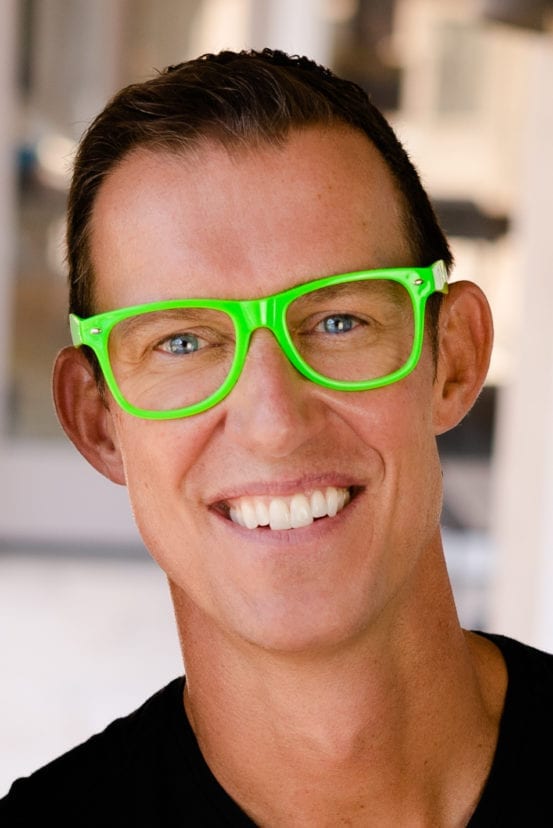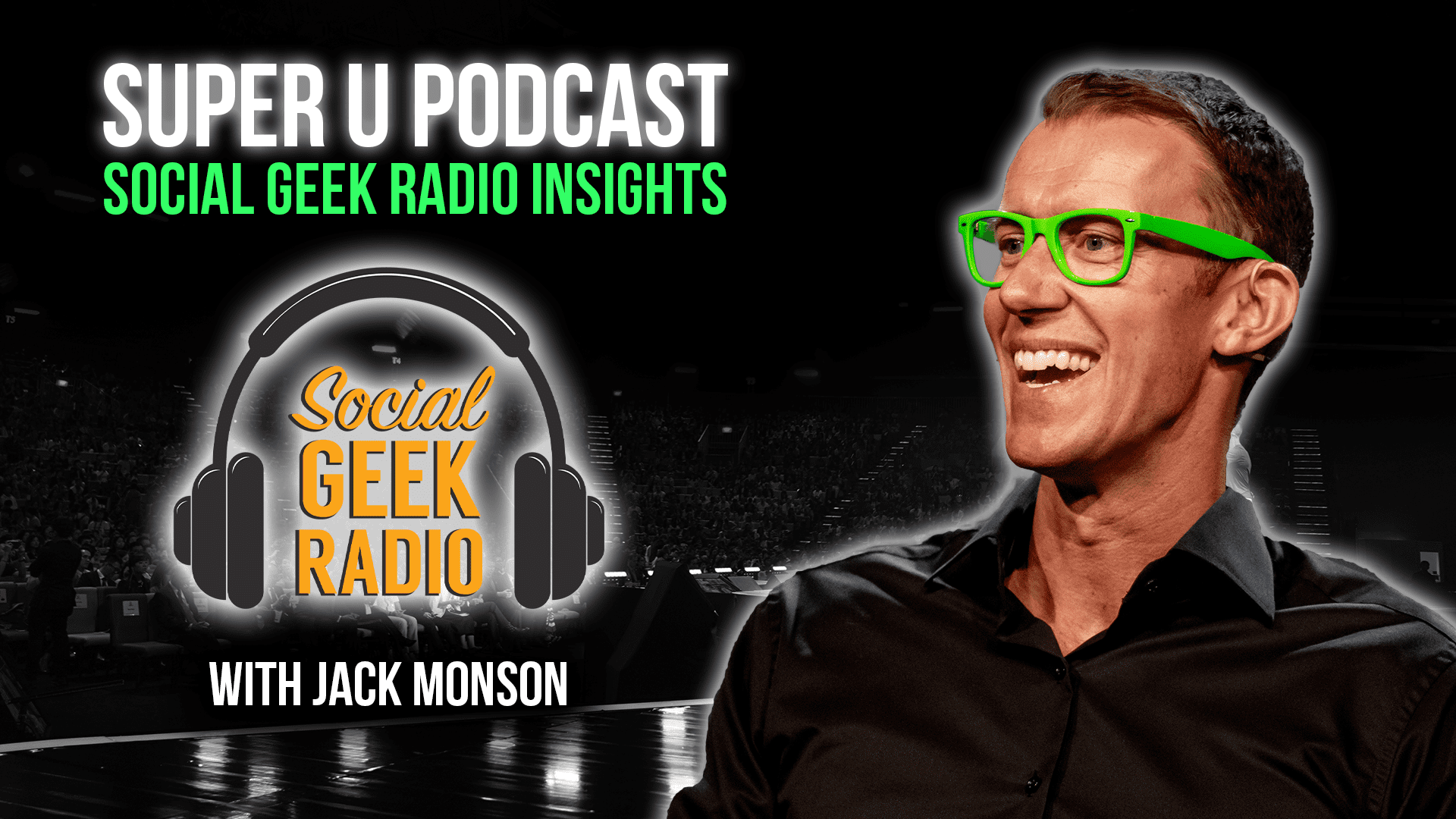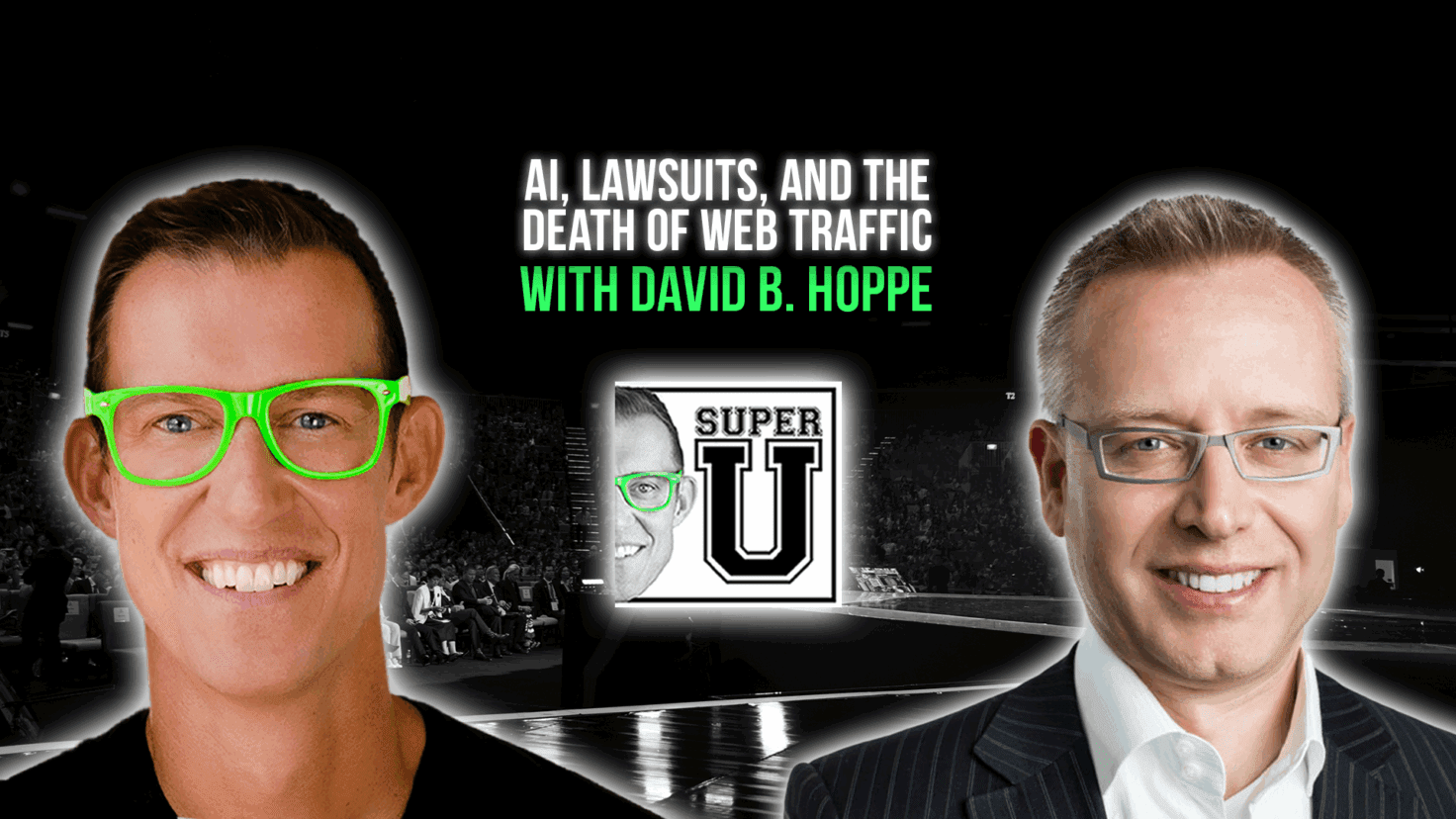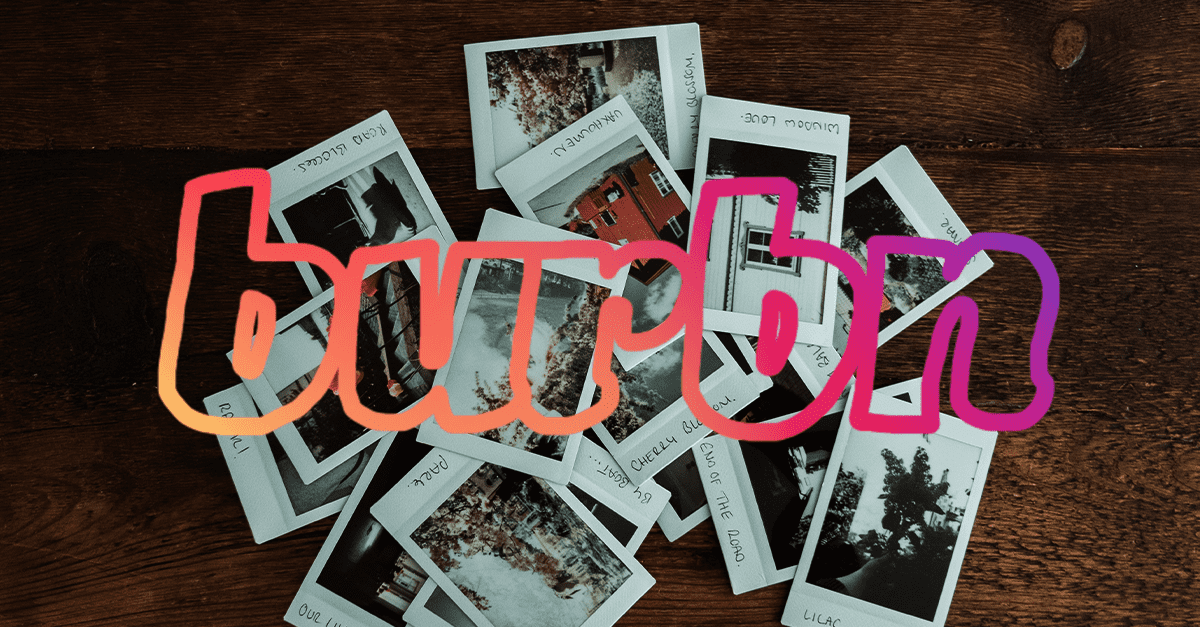Super U Podcast | Social Geek Insights
In today’s episode, Erik Qualman sits down with host, Jack Monson on Social Geek Radio. They discuss Qualman’s latest book, The Focus Project and dive into how we’ve all struggled with focus over the past year and what we can do to get it back. Also, why saying “No.” is so difficult and what is your spirit animal when it comes to not saying “No.” The squirrel, the Hedgehog, Army Ant, or Chameleon?
5x #1 Bestselling Author and Motivational Speaker Erik Qualman has performed in over 55 countries and reached over 50 million people this past decade. He was voted the 2nd Most Likable Author in the World behind Harry Potter’s J.K. Rowling.
Need a sneak peek? Below are the main takeaways from the episode.
Super U Podcast | Social Geek Insights:
Why write about Focus?
“As I sat down with people, they were struggling with the same thing. Now, also too, as it was interesting, as I talk to all these top performers, I’d ask them to even open the book with this because I remember I was speaking on stage at this large conference and the people’s names, their last name was like Mars, they lived on streets like Hershey and Cadbury. They’re people that have been in business for hundreds of years. Family-owned businesses, I’m in this small VIP cocktail reception asking myself, how did I get here? But I’m gonna take advantage of and ask a lot of questions inside go, how’d you get so successful? Like, and they said, I can focus a little better than most I go, what’s your biggest challenge day to day? They’re like staying focused on like, oh, wow, that’s crazy. So everyone’s dealing with the same thing.”
Why do we struggle to Focus?
“So we identified basically four spirit animals. And so the reason it triggered in my mind cause he said, FOMO, so there’s a squirrel, and that’s FOMO, they’re really good at starting things, they get excited. And then they want to jump to the next thing without completing the current one. And so as I go through these for yourself, Jack, and also the listeners try to identify which one of these you are knowing that you have traits of all four of these, because it’s in our DNA, but which one you kind of major in, and most of us major in one and minor in another, but you’ve got the lovable squirrels.
So that’s the FOMO. Then they also have the hedgehog. The hedgehog is more concerned about failing. And all these have positive attributes, like the hedgehog is good to have on a team. Because if everyone’s saying, “Hey, let’s put all of our money in Bitcoin and etherium,” they’re like, “Whoa, whoa, maybe not all of it.” And so that’s the hedgehog, they’re more concerned about that failure. They want to make sure that if they’re gonna write a book that they’ve got a PhD in book writing before they started.
Then there’s the army ant. The army ant can carry 10,000 times their payload, but that doesn’t mean they should. And so a lot of you out there, you take on five projects, instead of focusing on one, so you parallel process them. And this is what I major in. I’d be better off at getting things done quicker and happier and healthier, but [instead] I’m focused on one or two at a time, rather than taking on five and trying to parallel process them.
Then last, but not least, we have the chameleon. The chameleon is a people pleaser. They’re putting other’s needs first, which is great. But when you do that, 100% of the time, that’s a detriment. So that’s one of the reasons you wouldn’t say no, is you’re a people pleaser. So just in summary, you’ve got the hedgehog, they’re basically afraid to fail. If you got the squirrel there FOMO. Then you have the army ant, they try to parallel process too many things at a time rather than focusing on one thing at a time. And then you have the chameleon, which is more the people pleaser. They’re putting other’s needs first. So that’s why they say yes to almost everything except himself.”
How does knowing your “Focus Animal” contribute to Focus Habits?
“The Cliffsnotes version is the thing that helps most people, write down the one thing they should focus on that day, and just dedicate 20 minutes to it… write down the one thing that makes everything else either easier or unnecessary. Now, if you’re listening, text yourself 12 months out. I know that sounds crazy. You’re gonna text yourself but you’re texting your future self 12 months out, just text yourself: What’s the one thing if you didn’t do it in the next 12 months, you’d be very disappointed? And so then you walk that back to the day-to-day level when you write down what’s the one thing that I should do to make everything else either easier or unnecessary. So that’s the tactical Cliffsnotes. The top three things that I learned from the project:
- Focus is very, very, very, very hard, but it can become learned it become can become habit. And how it becomes habit is you got to start with the purpose. So if you want to lose weight, and you will rely on willpower, that’s not going to work. If you want to lose weight or stop smoking, and then you realize, “Wait, I lose weight, stop smoking, I can live five years longer so I can play with my grandkids longer then that’s your purpose.
- Then the second piece is that great people in this field that are very successful don’t rely on willpower. They rely on processes and systems. And, as you mentioned, one of those major systems is how to say no to almost everything. So they can say yes to the big things.
- And then last, but not least third, and this is where your question kind of relates, is where you start with all this, is understand that you’re going for progress, not perfection. So if you do like a mathematical formula, and go 1.00, or just one to the 365th power, 365 days, that’s going to equal one, now if you simply do 1% better, so 1.01 to the 365th power, all of a sudden, that gets you to 37.8. So 38 versus one.
So just really those small steps, most of us in our DNA, and as most of your listeners are actually very successful. Is that what you do, and what I do is, say we’re starting a new year’s resolution, we try to go for like everything, okay, I’m going to stop eating all sugar, I’m going to stop, I’m going to get up at five in the morning, I’m going to yoga for 30 minutes, I’m going to meditate, I’m going to journal, instead of just going for that 1% we try to go for too much. And then that just becomes overwhelming then would quit.”
Click here to subscribe and listen to the full episode.
Connect with Jack Monson:
LinkedIn: https://www.linkedin.com/in/jackmonson/
Website: Social Geek Radio
Instagram: @SocialGeekRadio
Twitter: @SocialGeekRadio

To ensure you don’t miss future episodes, subscribe to our podcast by clicking here >> Super U Podcast. We hope these tips help unlock and unleash your inner superpower!
The Super U Podcast is hosted by #1 bestselling author and Motivational Speaker Erik Qualman.





